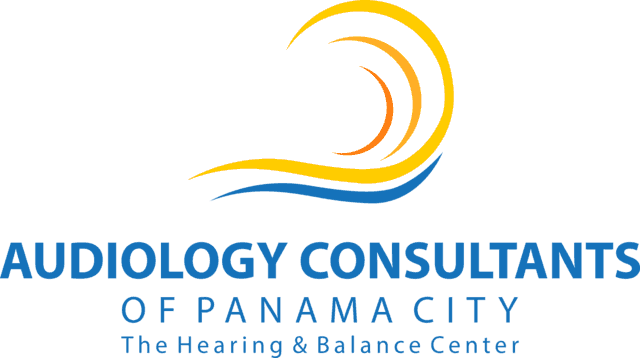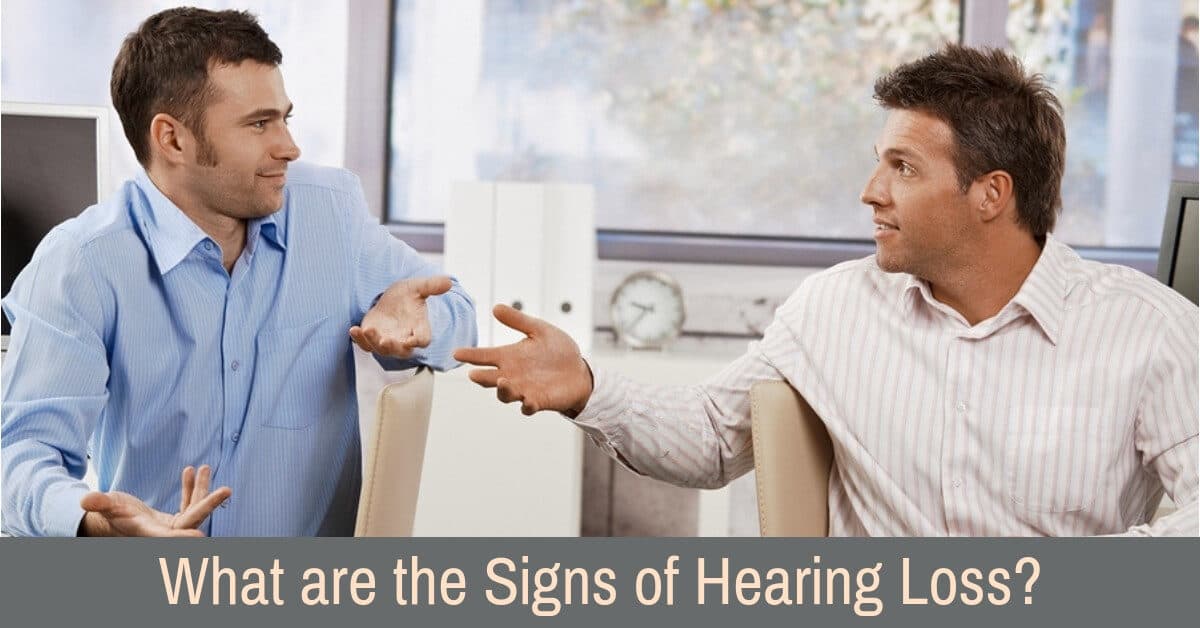- Using Hearing Aid Accessories for Enhanced Listening - May 6, 2025
- Practical Tips for Managing Daily Challenges With Tinnitus - April 8, 2025
- Signs Your Hearing Aid Battery Needs to Be Replaced - March 13, 2025
Hearing loss is one of the most common health conditions in the U.S., especially among older adults. 15 percent of Americans aged 18 and over–about 37.5 million people–have some trouble hearing, and 1 in 3 people in the U.S. between the ages of 65 and 74 lives with hearing loss.
Despite its prevalence, hearing loss often goes undiagnosed and untreated. It can be hard to detect at first, as there are often no physical signs that hearing loss is occurring. Even after the signs become obvious, most people postpone having their hearing tested for an average of 7 years.
Doctors now recommend an annual hearing exam from the age of 40 onwards, but as hearing loss can occur earlier in life, it’s best to be vigilant and go in for a check-up as soon as you notice any changes in your hearing. Here are some signs and symptoms of hearing loss to watch out for.
General indications of hearing loss
There are a few general problems that commonly indicate someone has hearing damage. These include:
- trouble hearing the telephone or doorbell
- difficulty hearing your alarm clock
- finding it difficult to tell which direction noise is coming from
- listening to music or watching television with the volume higher than other people need
- hearing a ringing, buzzing, or whistling sound in the ears (this is tinnitus, a common symptom and side-effect of hearing loss)
- a feeling of fullness or pressure in your ears; dizziness
Social indications of hearing loss
If you or a loved one suffer from hearing loss, the signs will be most obvious in social settings, whether it be your own living room or a crowded restaurant. There are countless communication hurdles that are associated with hearing loss, and these are some of the most troubling symptoms for the hard of hearing as they interfere with social and work relationships. Fortunately, wearing hearing aids will improve most if not all of these problems. You should suspect you have impaired hearing and go in for a hearing exam if you:
- commonly have to ask people to repeat themselves
- have difficulty following conversations with 2 or more people
- have trouble hearing women and children
- often answer or respond inappropriately in conversations
- need to read lips or intently watch people’s faces while they are speaking
- have difficulty hearing in noisy situations, such as crowded meeting rooms or public places
- think that other people sound muffled or as though they are mumbling
Medical indications of hearing loss
When considering whether you might have hearing loss, think about your own medical history. There are certain factors that increase your risk of hearing damage such as:
- a family history of hearing loss
- prolonged use of medications that are ototoxic, or harmful to the hearing system
- diabetes, heart, circulation, or thyroid problems
- exposure to loud sounds over a long period, such as in the workplace
- a single exposure to sudden, explosive noise (many war veterans have hearing damage from explosions)
Emotional signs of hearing loss
It’s an understatement to say that living with undiagnosed or untreated hearing loss can be stressful and frustrating, both for yourself and the people in your life. The social difficulties that come with not being to properly understand conversations can cause a variety of negative feelings. These are just a few of the emotional signposts of hearing loss. You may feel:
- stressed or fatigued from straining to hear what others are saying
- irritated at friends, family members, or strangers because you can’t understand them
- embarrassed to meet new people or about potential misunderstandings
- nervous about trying to understand situations
- withdrawn from social activities or hobbies that you once enjoyed
It can be difficult to cope with the frustrations that go along with hearing loss, but these can almost always be improved with the right treatment, such as properly fitted hearing aids. If you suspect that you have hearing loss, making an appointment for a hearing exam is the first step towards a better quality of life for you and your loved ones.
Schedule your appointment with Audiology Consultants today
Why let your hearing loss put your social life on hold? A hearing exam can tell you about the current state of your hearing, as well as the treatment methods available to you, and the best way to safeguard the hearing you still have. Contact Audiology Consultants to set up a thorough evaluation of your hearing by one of our highly trained audiologists.


